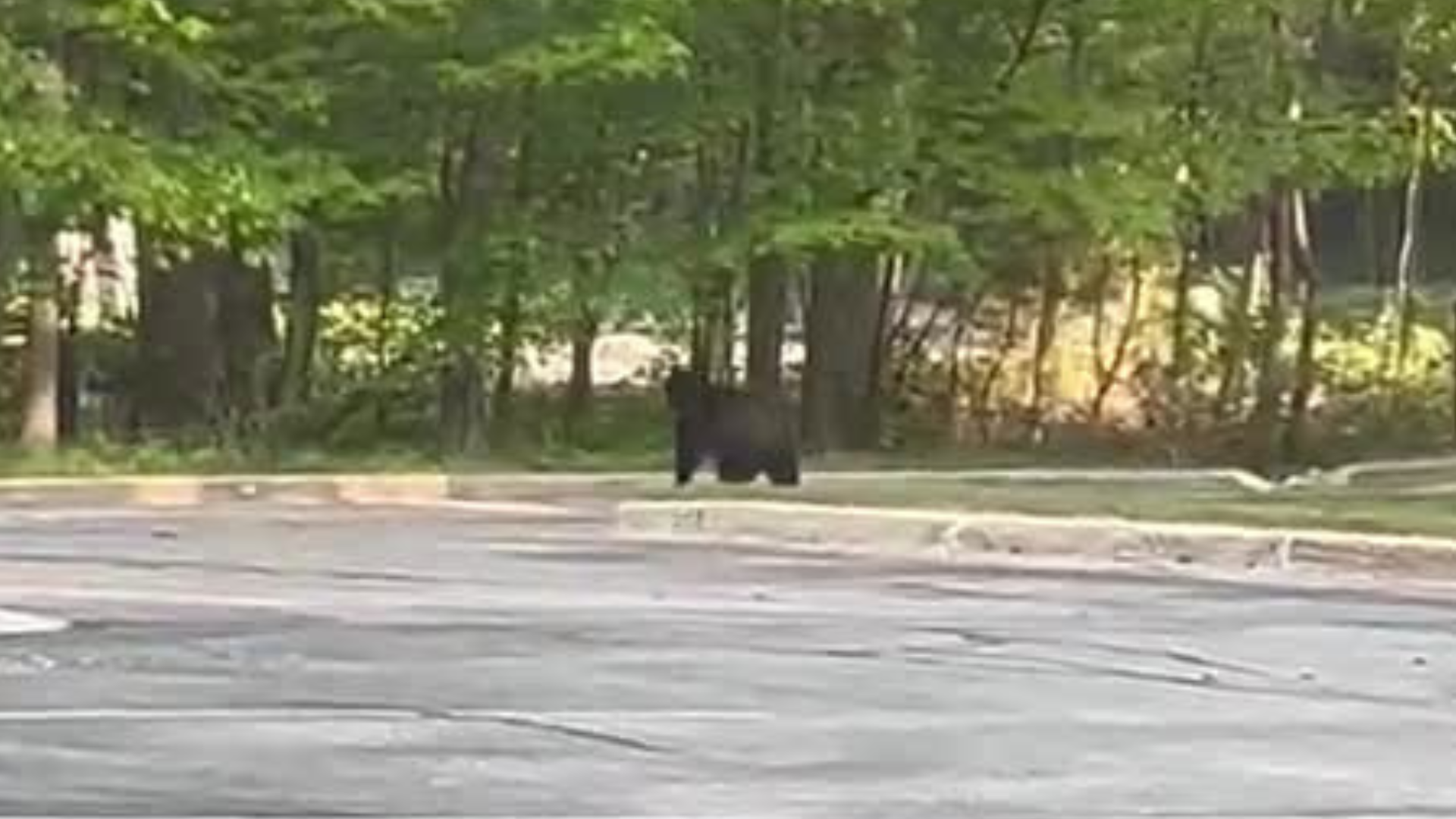
Summer vacation time is here and the scammers are working OVERTIME!
The four’s Xavier Hershovitz talked with the Better Business Bureau on some of the top scams to watch out for.
Here are the 5 top vacations scams according to the BBB:
Vacation Rental Con:
Vacation rentals are a great option to travel and have the comforts of home. Watch out for listings for properties that either , don’t exist, or are significantly different than pictured. These con artists lure in vacationers with the promise of low fees and great amenities. The “owner” creates a false sense of urgency – such as telling potential clients that another vacationer is interested in the rental – to get payment up before doing sufficient research or questioning the legitmacy of the ad.
Keep these tips in mind:
- Talk with the owner by phone. If you are not using a service that verifies properties and owners, do not negotiate a rental solely by email. Many scammers don’t live locally. Speaking with the owner on the phone, asking detailed questions about the property, and local attractions will clarify if the listing is true. An owner with vague answers is a clear red flag.
- Check public records. Investigate online by looking up the address and use Google Street View to confirm the property matches the one advertised. Also, verify distances to beaches, attractions and airports while on the site.
“Free” Vacation Scams:
When a cruise or travel company advertises a vacation as “free,” it does not necessarily mean the trip is entirely without cost or restrictions. Watch out for add-on fees for air transportation to the port, port charges, taxes, tips and other undisclosed fees. Learn more about , and for the following red flags:
- If you are told that you’ve won a trip without actually entering a contest, be very suspicious.
- Pricing, accommodations, and several amenities that seem extremely reasonable are probably not true.
- Pressure to accept the offer now or it’s gone forever. Instead. walk away, hang up the phone, delete the email or text message.
Hotel Scams:
When staying in a hotel, beware of used to get ahold of credit card information. Scammers count on travelers – tourists and business people alike — being tired or in a hurry. Pay close attention and watch out for these tricks:
- Fake Front Desk Calls: Scammers call late at night impersonating the front desk person. The caller claims there’s a problem with the card on file and asks the traveler to “re-verify” the credit card information.
- “Free” Wi-Fi Connections: Wi-fi “skimming” is a growing scam that targets travelers with the promise of free Internet access. Scammers set up a fake connection that appears to be free, but it’s not safe. They will control the connection through their computer, collect all the data the traveler transmits including passwords, card information, and more. Avoid doing any banking transactions or checking personal accounts when using an open wifi network. Use a secure, private network if it is absolutely necessary to access personal or financial accounts.
- Fake Food Delivery: Scammers will distribute fake menus to hotel rooms. When a traveler calls the phone number and orders delivery, they collect the credit card information and never deliver the food.
Third Party Booking Site Scams:
If you book your airfare, hotel or other travel through a third-party website, be sure to use caution. continues to receive reports of scammers pretending to be . In the most common version of the scam, traveler’s pay with a credit card and shortly after making the payment, receive a call from the company asking to verify name, address, banking information or other personal details – something a legitimate company would never do. .
Timeshare Reselling Cons:
Another common travel scam is the timeshare resale con. A timeshare owner who is looking to sell gets a call from someone claiming to be a real estate broker or agent. These scammers claim to specialize in timeshare resales and promise they have buyers ready to purchase. To secure this service, the scammer pressures the target into paying an upfront fee. The timeshare owner pays up, but the reselling agent never delivers.
If you do hear of a scam, alert the BBB with their Scam Tracker. To learn more,

© 2023 - 910 Media Group


